Bangladesh's Ousted Prime Minister Sentenced to Death for Role in Protest Crackdown
A special tribunal in Bangladesh has sentenced the country's ousted Prime Minister Sheikh Hasina and former Home Minister Asaduzzaman Khan to death in absentia for their alleged roles in a deadly crackdown on student protesters in 2024. The crackdown, which occurred during Hasina's 15-year rule, resulted in the deaths of hundreds of people, with estimates ranging from 800 to 1,400 fatalities.
According to the International Crimes Tribunal based in Dhaka, the capital, Hasina and Khan were found guilty of crimes against humanity for their involvement in the use of deadly force against student protesters. The tribunal's verdict has sparked controversy, with Hasina denying the charges and the United Nations and other international organizations calling for accountability and transparency in the investigation.
The crackdown on student protesters in 2024 was a pivotal moment in Bangladesh's history, marking the end of Hasina's 15-year rule. The protests, which began in February 2024, were sparked by a series of student-led demonstrations against the government's handling of the economy and corruption. The protests quickly escalated into a nationwide movement, with hundreds of people killed in clashes between protesters and security forces.
According to the United Nations, the crackdown was one of the deadliest in Bangladesh's history, with estimates suggesting that over 1,000 people were killed. The UN has called for a thorough investigation into the crackdown and for those responsible to be held accountable.
Hasina has denied any wrongdoing, stating that she was not involved in the crackdown and that the charges against her are politically motivated. However, the tribunal's verdict has been welcomed by human rights groups and opposition parties, who have long called for accountability and transparency in the investigation.
The sentencing of Hasina and Khan marks a significant development in Bangladesh's ongoing efforts to hold former leaders accountable for human rights abuses. According to the International Crimes Tribunal, the verdict is a major step towards ensuring justice for the victims of the crackdown and their families.
The international community is closely watching the situation in Bangladesh, with many calling for further clarification on the case. The United Nations has urged the government to ensure that the verdict is implemented and that those responsible for the crackdown are held accountable.
In a statement, the UN High Commissioner for Human Rights, Michelle Bachelet, said, "The sentencing of Sheikh Hasina and Asaduzzaman Khan is a significant step towards accountability for the human rights abuses committed during the crackdown on student protesters in 2024. We urge the government to ensure that the verdict is implemented and that those responsible for the crackdown are held accountable."
The verdict has also sparked debate within Bangladesh, with many calling for further action to be taken against those responsible for the crackdown. According to opposition leader and former Prime Minister Khaleda Zia, the verdict is a major victory for the people of Bangladesh and a step towards ensuring justice for the victims of the crackdown.
The current status of the case is unclear, with many awaiting further clarification on the implementation of the verdict. However, one thing is certain: the sentencing of Hasina and Khan marks a significant development in Bangladesh's ongoing efforts to hold former leaders accountable for human rights abuses.
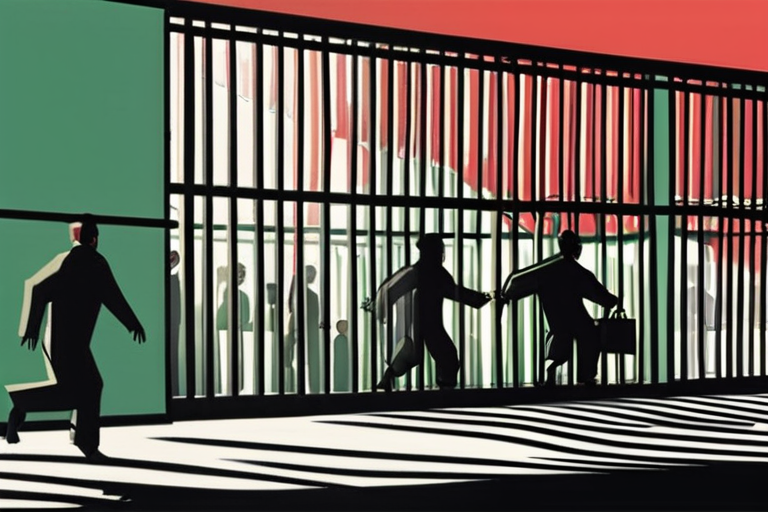



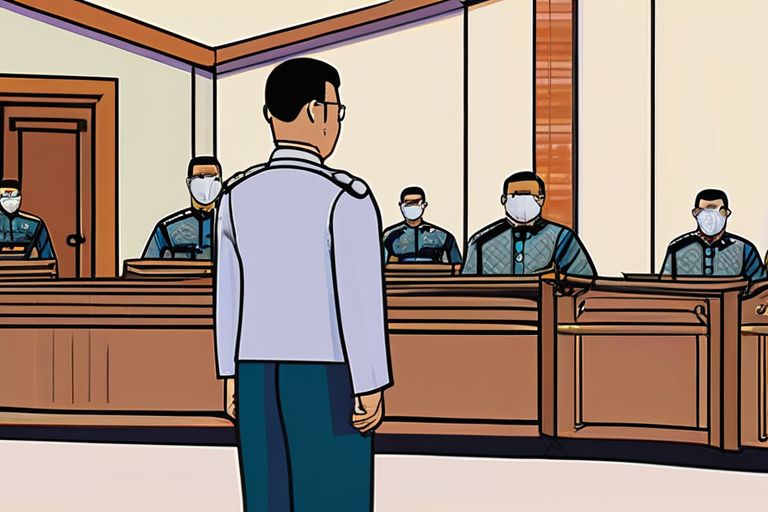
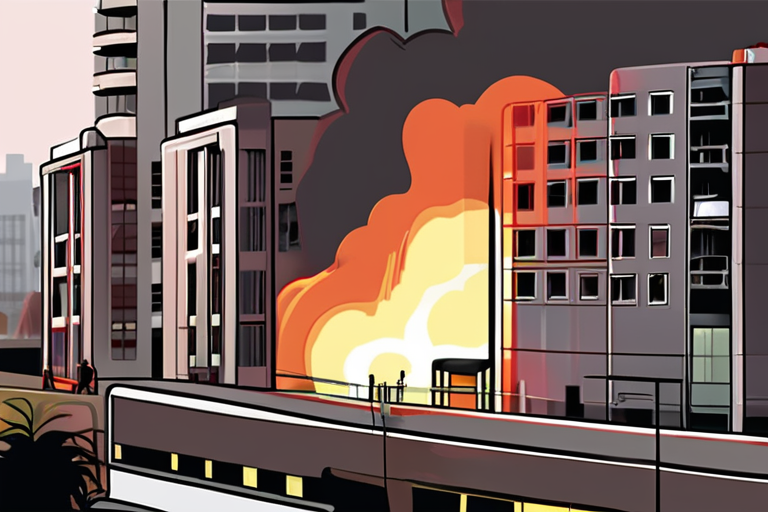
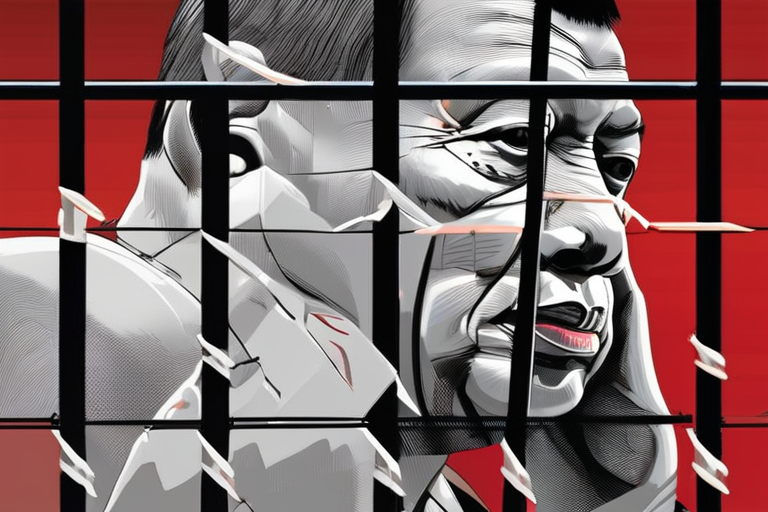
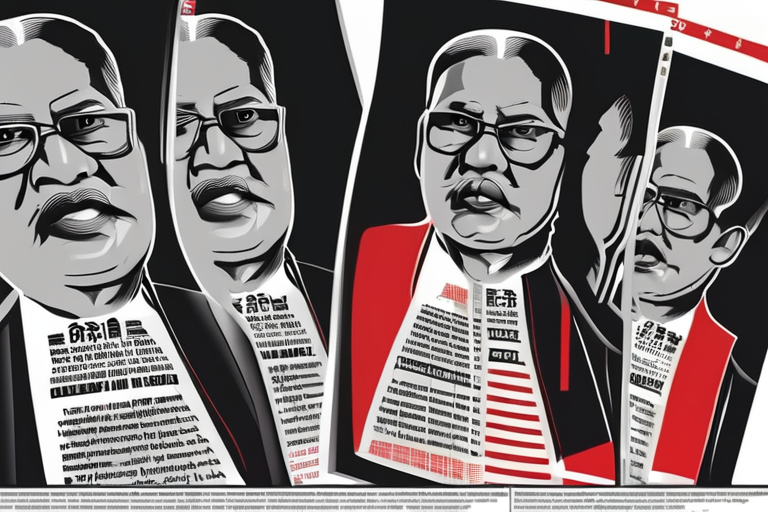
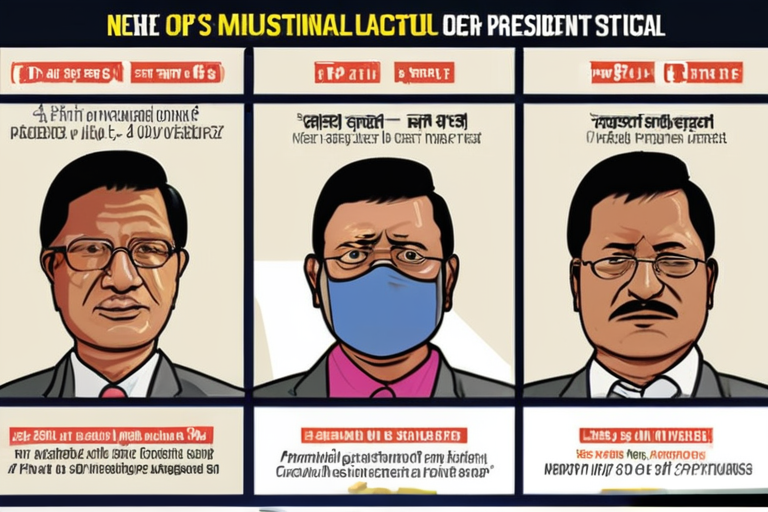

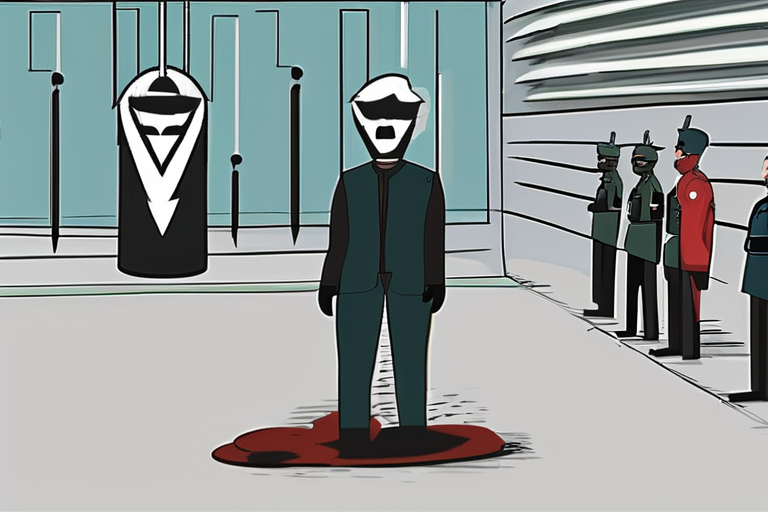
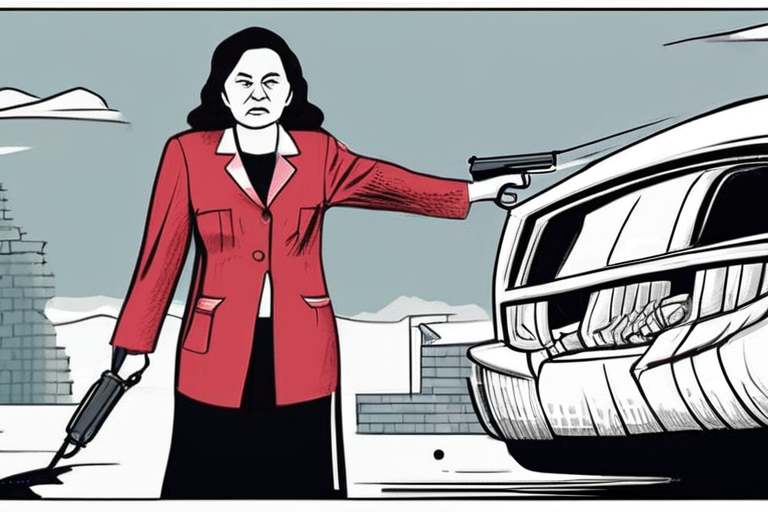
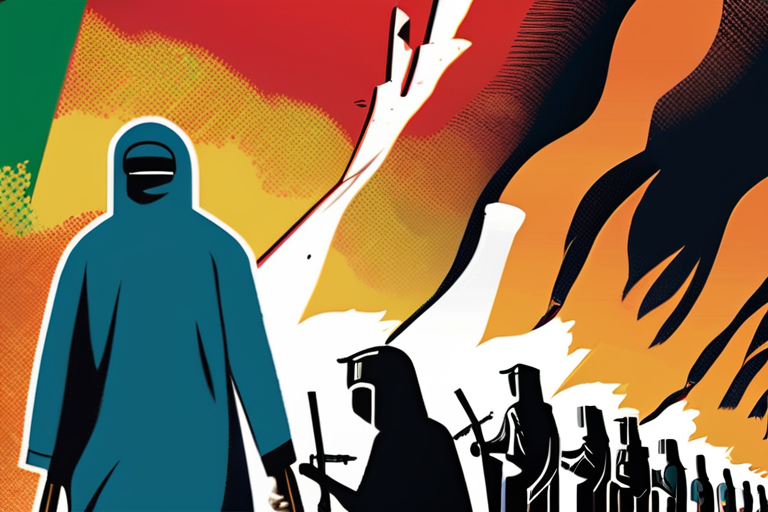
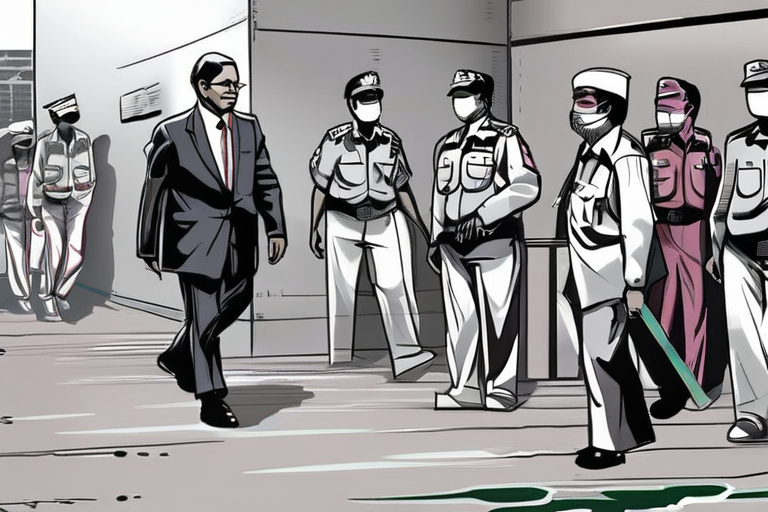
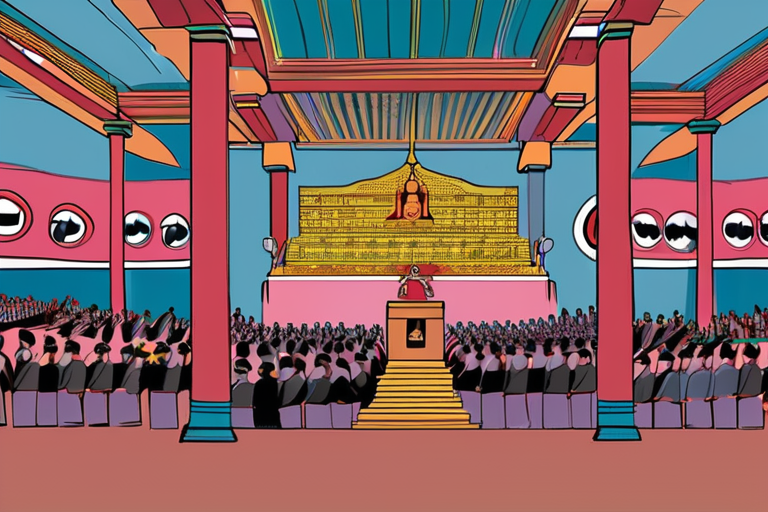
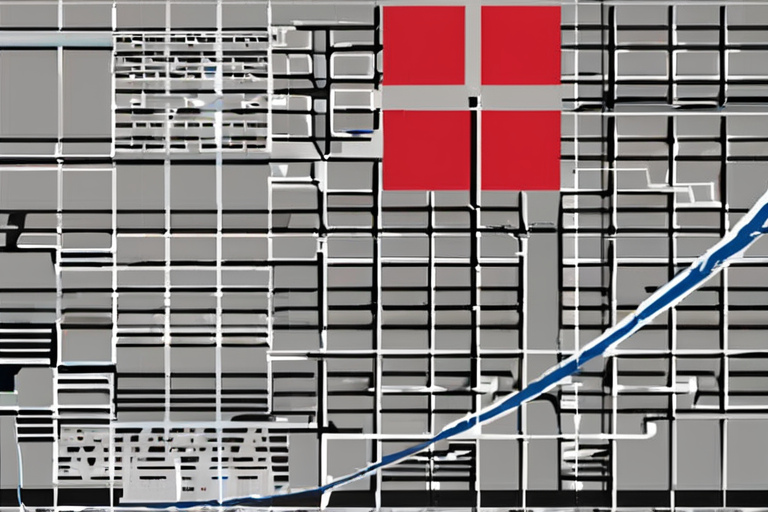

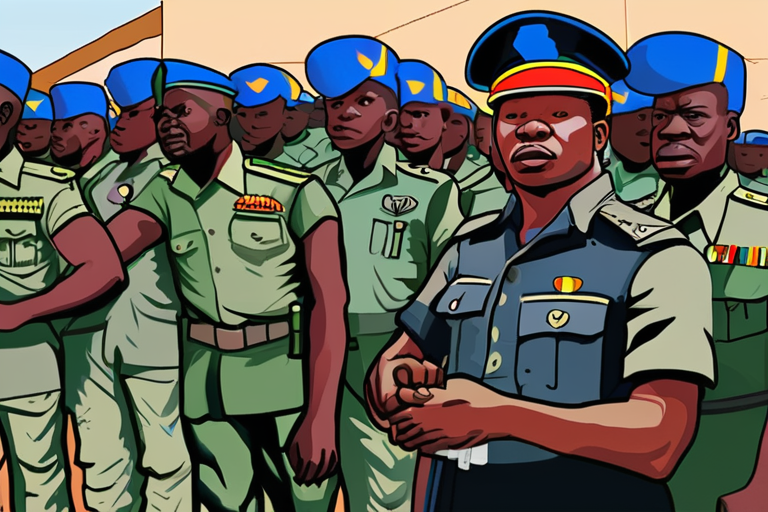
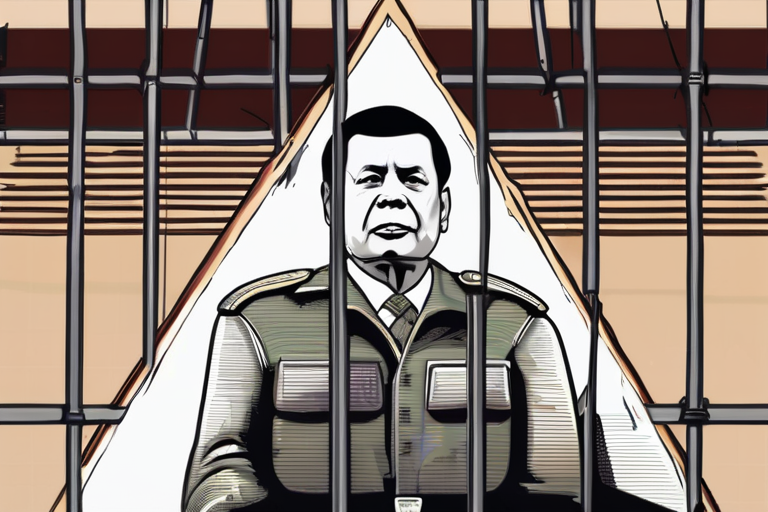
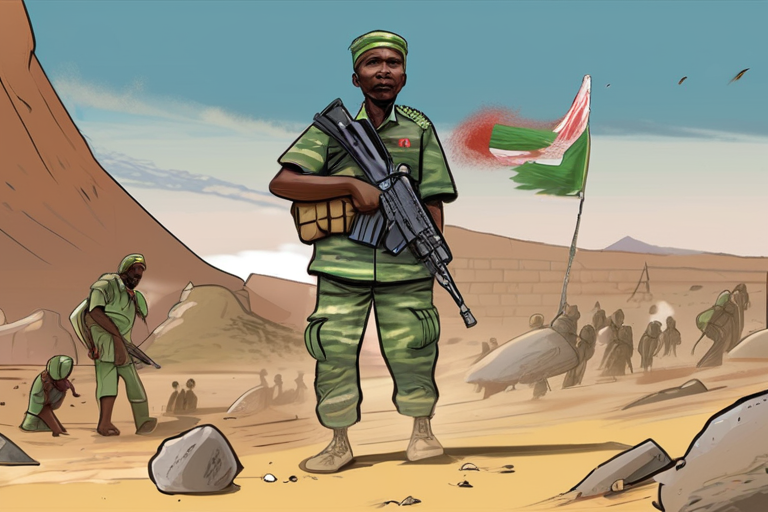
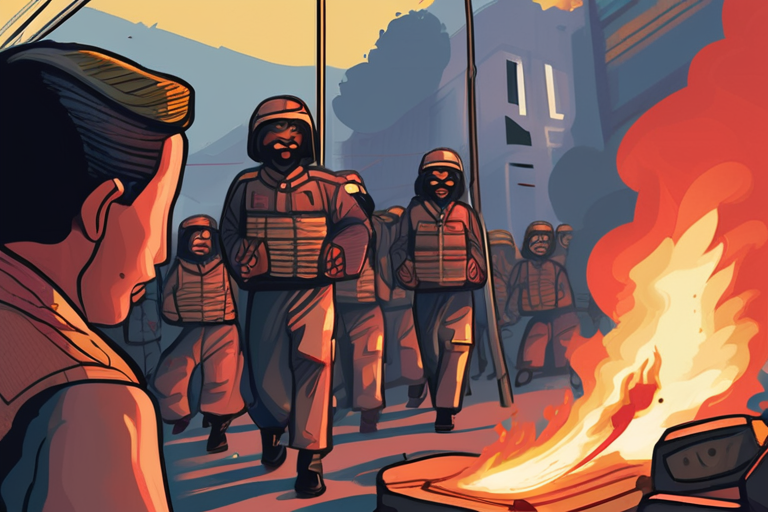

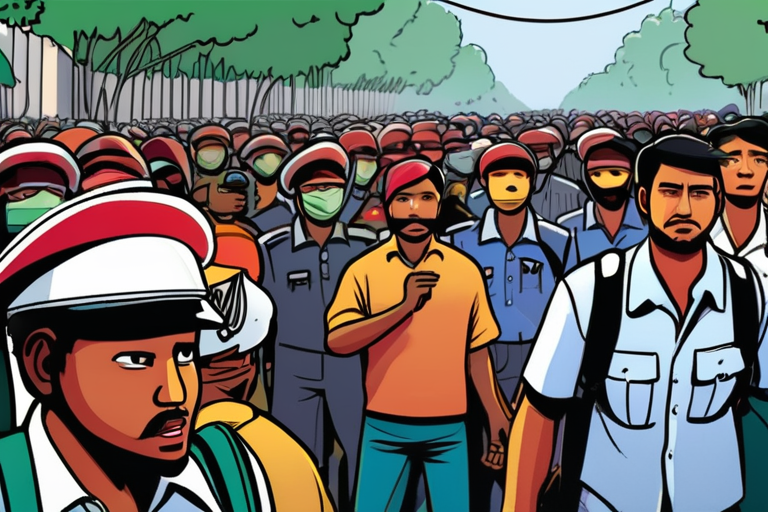
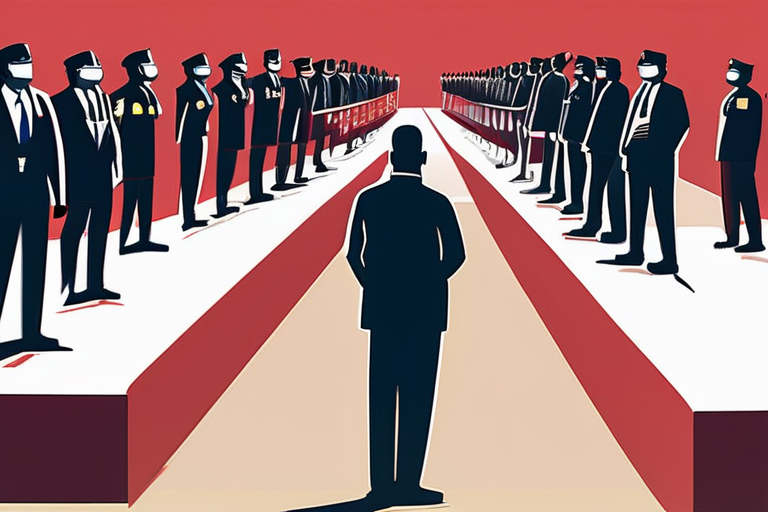
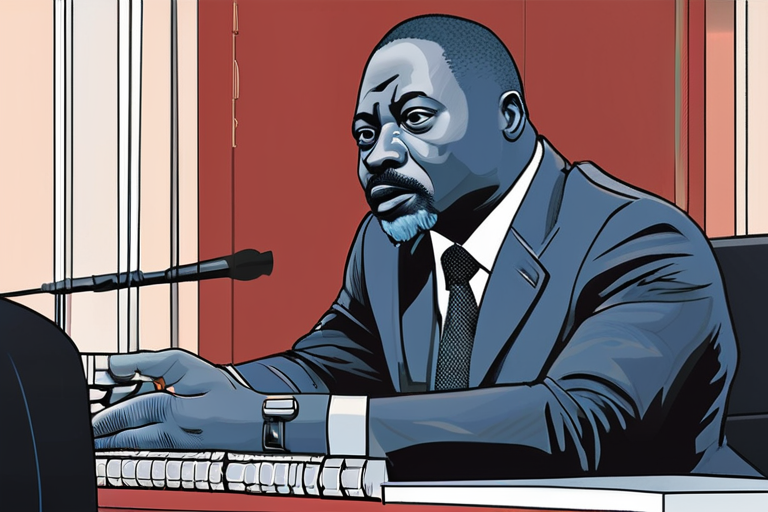
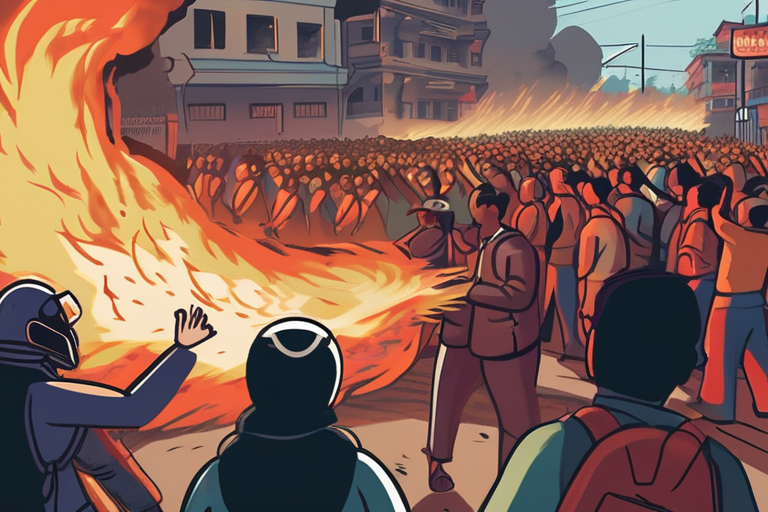
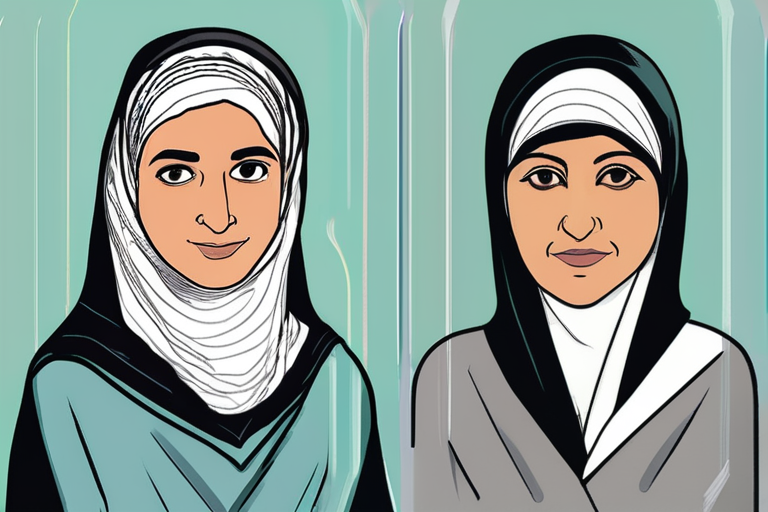
Share & Engage Share
Share this article